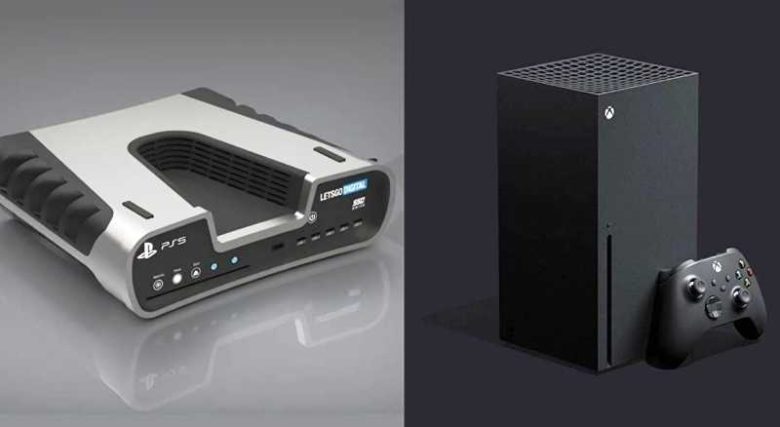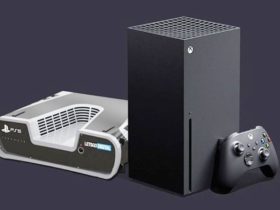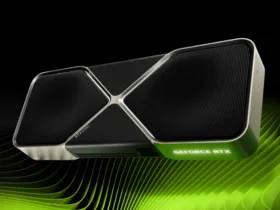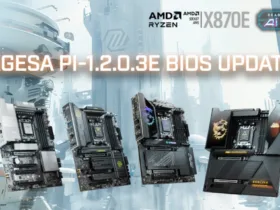This week was interesting for gamers who are waiting for the next generation consoles. Although GDC 2020 could not be carried out due to COVID-19, Sony and Microsoft decided to reveal technical details about the PS5 and Xbox Series X, respectively. Thanks to this we already know the hardware specs that the next-gen consoles of PS5 and Xbox Series X will offer.
So that you can be aware of the first details of each of these consoles, we prepare a small note in which you can compare the characteristics of its hardware.
XBOX SERIES X
Release date: End of 2020
Price: To be Confirmed
From what Microsoft revealed this week, the goal of Xbox Series X is to offer a really powerful console. We say this as it will have a very powerful GPU, in addition to its 3.8 GHz Zen 2 8-core processor that promises to be up to the task.
Next, we present the technical specifications of Xbox Series X:
- CPU: 8 Zen 2 cores at 3.8GHz
- GPU: 12 TFLOPs, 52 CUs at 1,825 GHz (variable frequency)
- GPU Architecture: Custom RDNA 2
- Memory/Interface: 16GB GDDR6/320mb bus
- Memory bandwidth: 10GB @560GB/s, 6GB @336GB/s
- Storage: 1TB custom NVME SSD
- IO: 2.4GB/s (Pure), 4.8GB/s on average (Compressed)
- Storage Expansion: 1TB Expansion Card
- External Storage: USB HDD Compatibility
- Optical reader: 4K UHD Blu-ray
According to Microsoft, the goal of the top hardware of Xbox Series X is to offer games at 4K and 60 fps. That said, the company also wants competitive games to be able to run at 120 fps.
It is worth mentioning that the Xbox Series X will also have an SSD which will considerably reduce loading times. That said, it appears that Microsoft is concentrating more on power.
PLAYSTATION 5
Release date: End of 2020
Price: To be Confirmed
In the presentation led by Mark Cerny, the architect of the PlayStation 5, it was shown that the Sony console will focus on offering speed. This thanks to its SSD storage unit, which promises to eliminate loading screens by loading up to 5.5 GB in 1 second.
On the other hand, Sony confirmed that its new system will use a custom AMD processor with 8 Zen 2 cores at 3.5 GHz. As a comparison point, Jaguar, the processor of the PlayStation 4, offered 8 cores at 1.6 GHz.
Here are the technical specifications of the PS5:
- CPU: 8 Zen 2 cores at 3.5GHz (variable frequency)
- GPU: 10.28 TFLOPs, 36 CUs at 2.23GHz (variable frequency)
- GPU Architecture: Custom RDNA 2
- Memory/Interface: 16GB GDDR6/256-bit
- Memory bandwidth : 448GB/s
- Storage: 825GB SSD custom
- IO: 5.5GB/s (Pure), 8-9GB/s on average (Compressed)
- Storage Expansion: NVMe SSD Slot
- External Storage: USB HDD Compatibility
- Optical reader: 4K UHD Blu-ray
PS5 VS XBOX SERIES X: WHAT DOES THIS MEAN?
As you can see, both consoles have some similarities, such as storage in solid-state drives, as well as the amount of RAM and AMD technology. That said, they also have important differences.
One of the most striking is that the Xbox Series X will have a more powerful processor and graphics processing unit. So, in theory, at least, Microsoft’s next console will be able to deliver more eye-catching graphics in better resolutions and even more frame rates per second.
On the other hand, the PS5 is a faster console thanks to the type of solid-state drive it uses as storage. In this way, it seems that it will offer much shorter load times than the current ones and that interesting design possibilities open up for developers.
Now it is important to note that this is hardly a look at the hardware of the next-generation consoles. What we mean is that there are still a lot of things that remain to be known. As usual, we will inform you when we know more about them, so stay tuned.














Leave a Reply